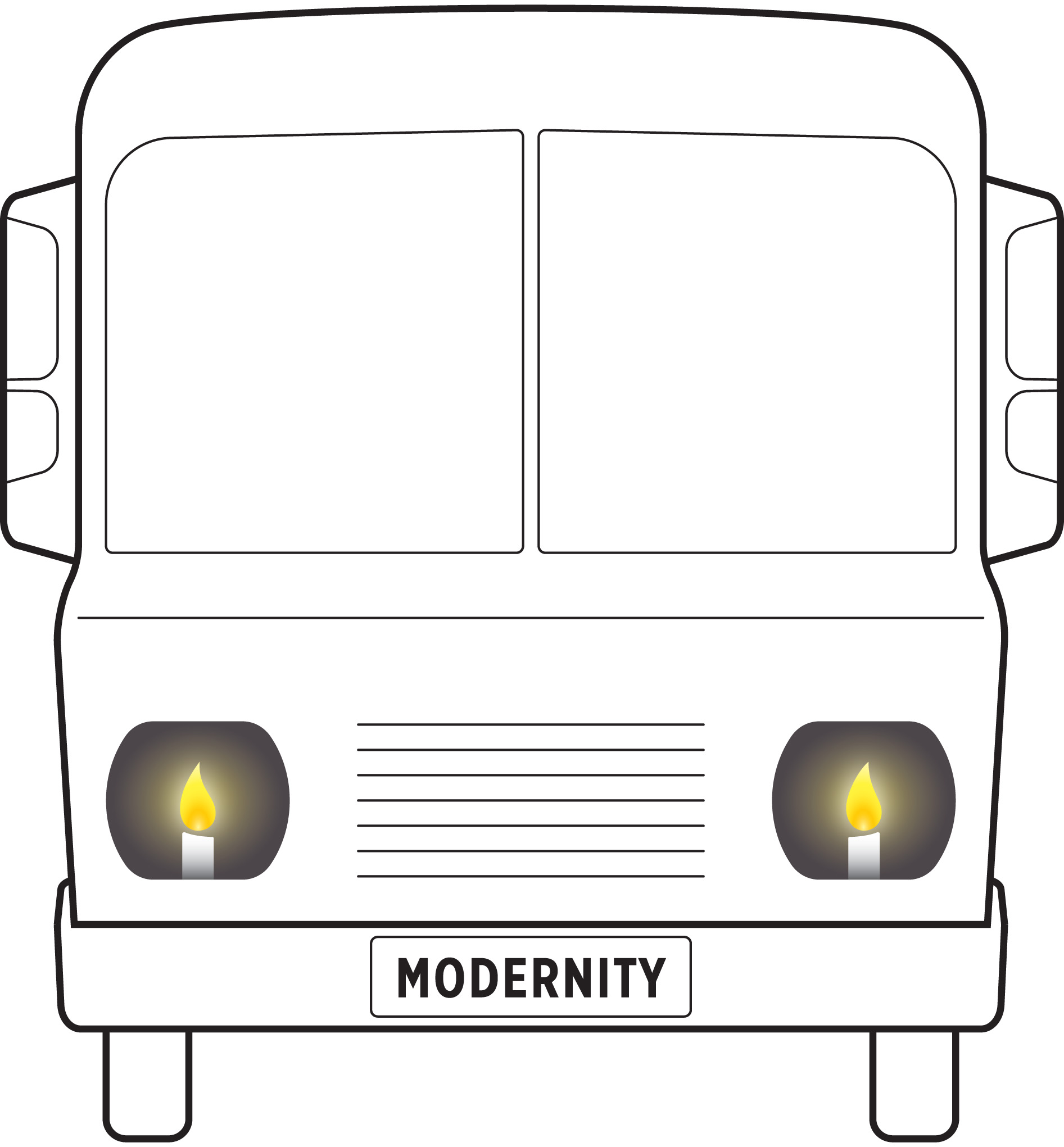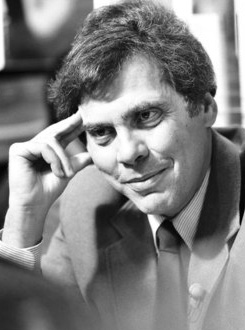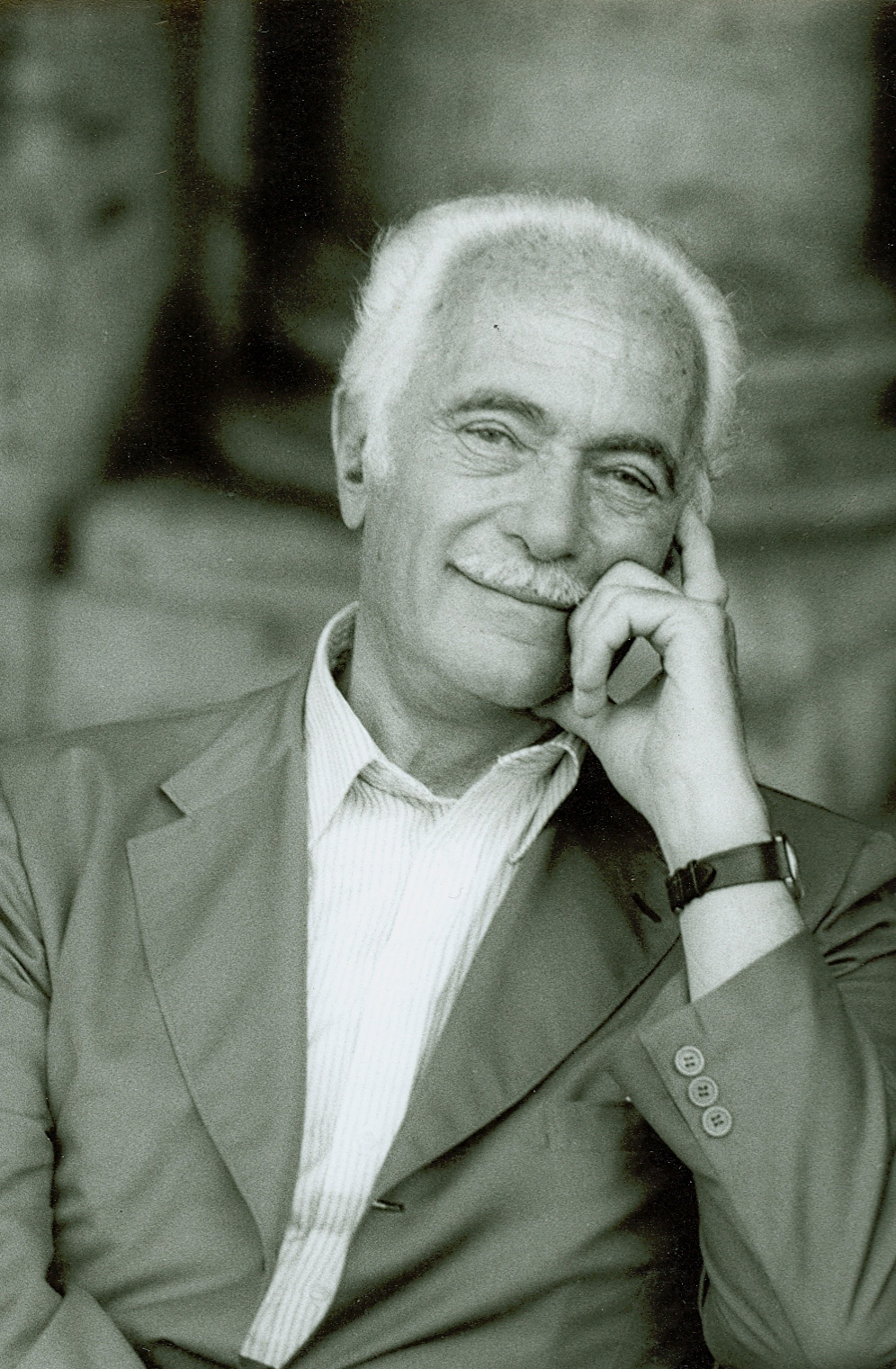Difference between revisions of "Holotopia"
m |
m |
||
| Line 57: | Line 57: | ||
<div class="row"> | <div class="row"> | ||
| − | <div class="col-md-3"><h2> | + | <div class="col-md-3"><h2>The "problematique"</h2></div> |
<div class="col-md-6"><h3>A proof-of-concept application</h3> | <div class="col-md-6"><h3>A proof-of-concept application</h3> | ||
<p>The Club of Rome's assessment of the situation we are in, provided us with a benchmark challenge for putting the proposed ideas to a test. Four decades ago—based on a decade of this global think tank's research into the future prospects of mankind, in a book titled "One Hundred Pages for the Future"—[[Aurelio Peccei]] issued the following call to action: | <p>The Club of Rome's assessment of the situation we are in, provided us with a benchmark challenge for putting the proposed ideas to a test. Four decades ago—based on a decade of this global think tank's research into the future prospects of mankind, in a book titled "One Hundred Pages for the Future"—[[Aurelio Peccei]] issued the following call to action: | ||
Revision as of 10:54, 25 July 2020
Contents
Holotopia
Imagine...
You are about to board a bus for a long night ride, when you notice the flickering streaks of light emanating from two wax candles, placed where the headlights of the bus are expected to be. Candles? As headlights?
Of course, the idea of candles as headlights is absurd. So why propose it? Because on a much larger scale this absurdity has become reality.
The Modernity ideogram renders the essence of our contemporary situation by depicting our society as an accelerating bus without a steering wheel, and the way we look at the world, try to comprehend and handle it as guided by a pair of candle headlights.
Our proposal
In a nutshell
The core of our knowledge federation proposal is to change the relationship we have with information.
What is our relationship with information presently like?
Here is how Neil Postman described it:
"The tie between information and action has been severed. Information is now a commodity that can be bought and sold, or used as a form of entertainment, or worn like a garment to enhance one's status. It comes indiscriminately, directed at no one in particular, disconnected from usefulness; we are glutted with information, drowning in information, have no control over it, don't know what to do with it."
The objective of our proposal is to restore agency to information, and power to knowledge.
In detail
What would it take to repair the tie between information and action?
What would information and our handling of information be like, if we changed the relationship we have with information and treated it as we treat other human-made things—if we adapted it to the purposes that need to be served?
What would our world be like, if academic researchers retracted the premise that when an idea is published in a book or an article it is already "known"? If the other half of this picture were treated with similar thoroughness as academic technical work? If the question "What do people actually need to know?" led to a "social life of information" that allows each of us to benefit from what the others have seen and understood; and our society to perceive the world correctly, and navigate it safely?
What would the academic field that develops this approach to information be like? How would information be different? How would it be used? By what methods, what social processes, and by whom would it be created? What new information formats would emerge, and supplement or replace the traditional books and articles? How would information technology be adapted and applied? What would public informing be like? And academic communication, and education?
The substance of our proposal is a complete prototype of knowledge federation, by which those and other related questions are answered.
The Knowledge Federation prototype is conceived as a portfolio of about forty smaller prototypes, which cover the range of questions that define an academic field—from epistemology and methods, to social organization and applications.
We use our main keyword, knowledge federation, in a similar way as the words "design" and "architecture" are used—to signify both a praxis (informed practice), and an academic field that develops it and curates it.
Our call to action is to institutionalize and develop knowledge federation as an academic field, and as real-life praxis.
Technically, what we are proposing is a paradigm. We adapted this keyword from Thomas Kuhn, and it stands for (1) a new way to conceive a domain of interest, which (2) resolves the reported anomalies and (3) opens up a new frontier to research. The proposed paradigm is not in a specific scientific field, where paradigm changes are relatively common, but in "creation, integration and application of knowledge" at large.
The "problematique"
A proof-of-concept application
The Club of Rome's assessment of the situation we are in, provided us with a benchmark challenge for putting the proposed ideas to a test. Four decades ago—based on a decade of this global think tank's research into the future prospects of mankind, in a book titled "One Hundred Pages for the Future"—Aurelio Peccei issued the following call to action:
"It is absolutely essential to find a way to change course."
Peccei also specified what needed to be done to "change course":
"The future will either be an inspired product of a great cultural revival, or there will be no future."
This conclusion, that we are in a state of crisis that has cultural roots and must be handled accordingly, Peccei shared with a number of twentieth century's thinkers. Arne Næss, Norway's esteemed philosopher, reached it on different grounds, and called it "deep ecology".
In "Human Quality", Peccei explained his call to action as follows:
"Let me recapitulate what seems to me the crucial question at this point of the human venture. Man has acquired such decisive power that his future depends essentially on how he will use it. However, the business of human life has become so complicated that he is culturally unprepared even to understand his new position clearly. As a consequence, his current predicament is not only worsening but, with the accelerated tempo of events, may become decidedly catastrophic in a not too distant future. The downward trend of human fortunes can be countered and reversed only by the advent of a new humanism essentially based on and aiming at man’s cultural development, that is, a substantial improvement in human quality throughout the world."
The Club of Rome insisted that lasting solutions would not be found by focusing on specific problems, but by transforming the condition from which they all stem, which they called "problematique".
Can the proposed 'headlights' help us "find a way to change course"?
Why did Peccei's call to action remain unanswered? Why wasn't The Club of Rome's purpose—to illuminate the course our civilization has taken—served by our society's regular institutions, as part of their function? Isn't this already showing that we are 'driving with candle headlights'?
If we used knowledge federation to 'illuminate the way'—what difference would that make?
The Holotopia project is conceived as a knowledge federation-based response to Aurelio Peccei's call to action.
We coined the keyword holotopia as a placeholder for the vision, and the cultural and social order of things, which will result from this quest.
The mission of the Holotopia project is to evolve (a prototype of) a pair of 'headlights', in actual practice, by which this new course will become visible; and to initiate the transformative cultural and social processes that are necessary for the holotopia vision to be actualized.
To prime this work, we have developed an initial prototype, which includes both an initial vision and a project infrastructure. This prototype is described on these pages.
To be continued...



